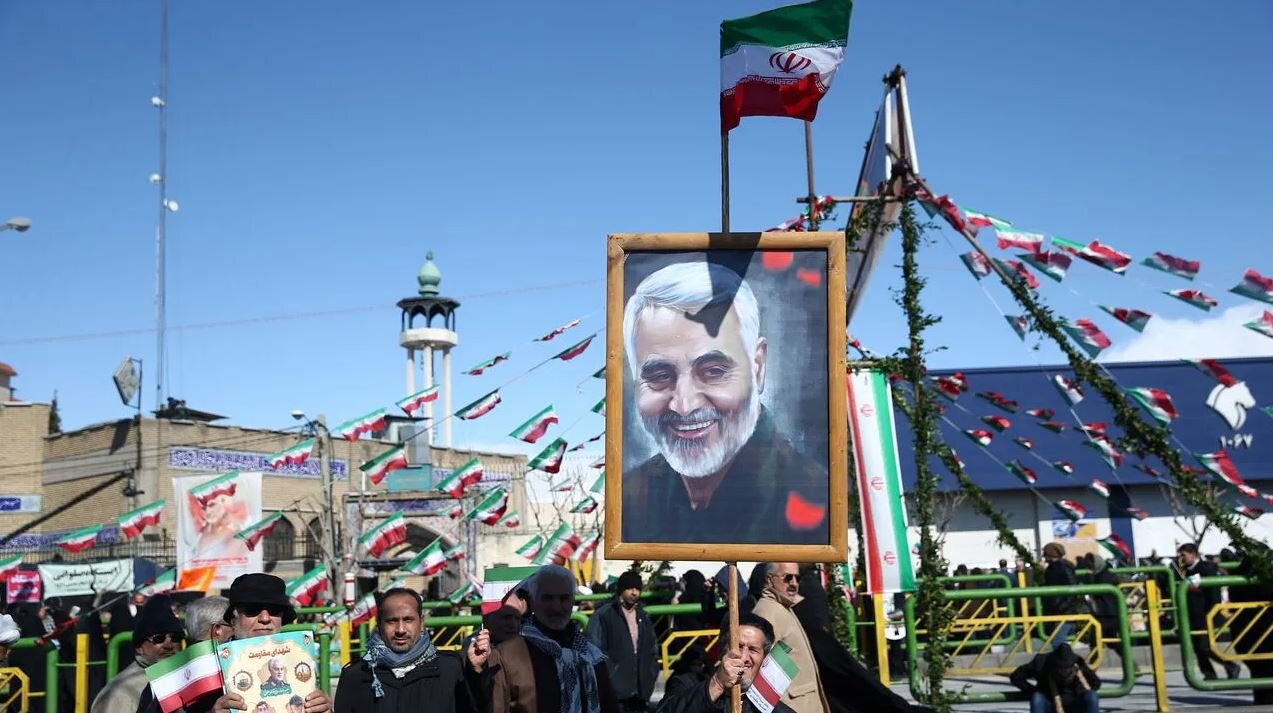Resistance forces’ unbreakable unity

Over the past few decades and with the rise of the West’s military presence in West Asia, different groups have emerged across the region to fight the imperialist forces seeking to exploit their motherlands.
These groups eventually became coordinated and united through the endeavors of renowned Iranian General Qassem Soleimani, who believed it was crucial for forces now labeled as the “Axis of Resistance” to stay in unity for better results against occupying Western troops. Palestinians who had begun their quest for freedom earlier than others also ended up fostering close ties with resistance forces, creating a web of military and security apparatus aimed at safeguarding local assets against Western exploitation.
Throughout the years, the U.S. and its allies have employed various methods to foment discord among diverse resistance groups. From exploiting religious to racial disparities, Washington and Israel endeavored to exploit any potential division that could undermine the solidarity of the resistance fronts. However, the unwavering support of various resistance factions for Palestinians amidst the recent aggression against Gaza once again attests to the indissoluble bond among the Axis of Resistance.
Nearly 100,000 individuals departed Israeli settlements following Hezbollah's initiation of strikes on positions north of the occupied territories. Hezbollah commenced its assaults on October 8, expressing unwavering solidarity with Palestinians in Gaza pretty early on. The group has effectively engaged tens of thousands of Israeli troops along the Lebanese borders and successfully dismantled Israel's high-tech intelligence infrastructure worth billions of dollars. In a recent significant offensive, Hezbollah targeted a crucial Israeli military installation, Meron, situated on Mount Al-Jarmaq, unleashing over 60 rockets. This mountain, acknowledged as the paramount strategic hub in occupied Palestine, serves as the primary command center for the regime's intelligence and military operations, particularly on the current northern front. Spanning 150,000 square meters, the base overlooks a substantial portion of Lebanon’s geography and is used to carry out espionage operations against the Arab nation.
Joining the resistance, Iraqi resistance forces emerged as the next front to challenge Zionists, directing attacks at positions within the occupied territories and American bases on Iraqi soil. Similarly, fighters in Syria pursued comparable actions targeting American assets in an effort to compel Washington to cease its support for Israel's genocidal aggression in Gaza.
But perhaps, the resistance front that has gained the most attention around the world is Yemen. Yemen's steadfast stance against Israel and its Western backers has garnered extraordinary international attention. Yemeni armed forces initially responded to Israeli atrocities in Gaza by striking targets inside the occupied territories. As the regime persisted in its assault on Palestinians, Sana'a determined that further action was necessary to curb the regime's aggression. In a remarkable exhibition of military and intelligence coordination, Yemen's popular Ansarullah movement began intercepting Israeli ships in the Red Sea, effectively halting operations at Israel's Eilat port, and dealing a significant economic blow to the regime. Even subsequent attacks by the U.S. and UK, alongside the formation of a coalition against Yemen, failed to deter the nation's resolve in seeking justice. Following American and British missile strikes, the people of Yemen expressed that they no longer felt "ashamed" about their safety while the Palestinian population endured brutal violence.
Before October 7, Yemen's ascent as a prominent player in the resistance front may not have been widely anticipated globally. However, its strategic control over the Bab el-Mandeb Strait, a vital route for international maritime transport, coupled with the nation's increasing self-reliance and enhanced military capabilities, positions Yemen as a more active participant in the battle against Israeli and American imperialism. The people of Yemen have demonstrated a steadfast commitment to peace and justice over the past decade. It appears improbable that the West and Israel would inhibit the nation's progress through any feasible means. Resistance forces in Lebanon, Iraq, and Syria have also affirmed their undying support for the Palestinian cause numerous times, affirming that nothing will end until Palestine is free.
Leave a Comment